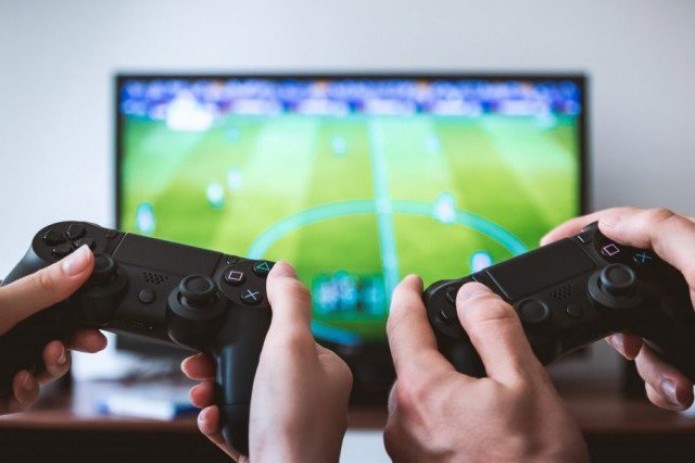Gaming addiction classified as mental health disorder by WHO
The WHO's expert on mental health and substance abuse, Shekhar Saxena, said an addicted gamer "loses control over the gaming and ignores other essential activities like sleep, like eating, like taking part in education or work."

Many parents already have concerns, but some may now have a new argument for limiting their children's 'screen time' - addiction to video games has been recognized by World Health Organization as a mental health disorder.
The WHO's International Classification of Diseases (ICD), a reference bible of recognized and diagnosable diseases, describes addiction to digital and video gaming as "a pattern of persistent or recurrent gaming behavior" that becomes so extensive it "takes precedence over other life interests".
The WHO's expert on mental health and substance abuse, Shekhar Saxena, said an addicted gamer "loses control over the gaming and ignores other essential activities like sleep, like eating, like taking part in education or work."
He stressed that only a small minority of people who play digital and video games would develop a problem, but said recognition of early warning signs may help prevent it.
"The very fact that we did not put gaming disorder earlier in the classification means that it's an emerging problem and certainly it's more common in those countries and regions where gaming is readily accessible," he said.
Responding to the decision to including gaming addiction, the Video Games Coalition - an industry lobby group - said their products were "enjoyed safely and sensibly by more than 2 billion people worldwide" across all kinds of genres, devices and platforms.
It added that the "educational, therapeutic, and recreational value" of games was well-founded and widely recognized and urged the WHO to reconsider.
The ICD, which has been updated over the past 10 years, covers 55,000 injuries, diseases and causes of death. It forms a basis for the WHO and other experts to see and respond to trends in health.
The ICD is also used by health insurers whose reimbursements depend on ICD classifications.
This latest version - known as ICD-11 - is completely electronic for the first time, in an effort to make it more accessible to doctors and other health workers around the world.
ICD-11 also includes changes to sexual health classifications. Previous editions had categorized sexual dysfunction and gender incongruence, for example, under mental health conditions, while in ICD-11 these move to the sexual health section. The latest edition also has a new chapter on traditional medicine.
The updated ICD is scheduled to be presented to WHO member states at their annual World Health Assembly in May 2019 for adoption in January 2022, the WHO said in a statement.





.jpg)
.png)















